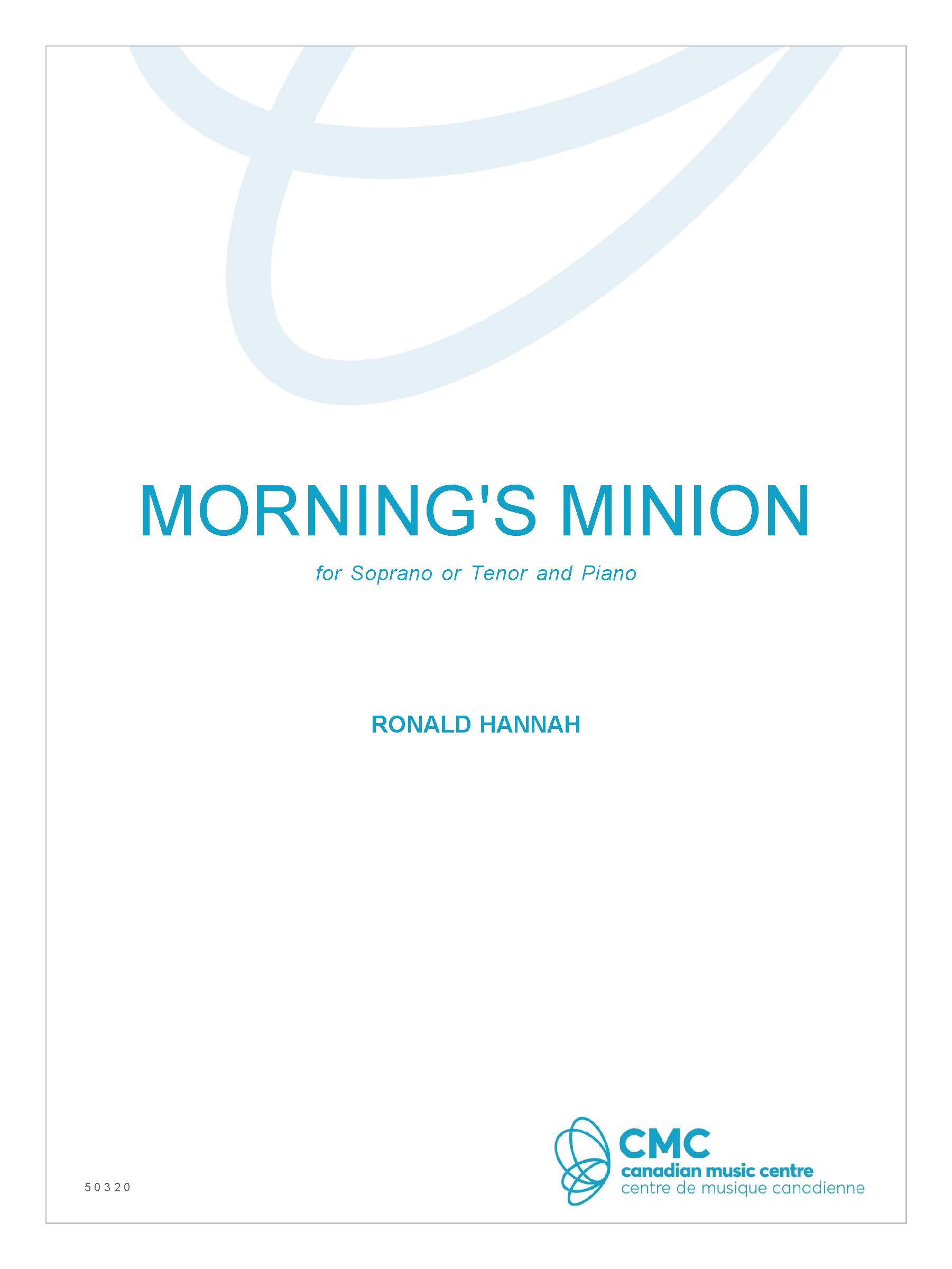This is a challenging cycle, both musically and poetically. I encountered Hopkins in a second-year English class and was baffled for many years afterward, remembering with envy the keeners at the front of the class who bantered with the professor so easily about him.
Then Andrea Mellis, a vocal coach and producer/director of operas and musicals in Europe, and a good friend, asked me to write a song cycle on Hopkins’ sonnets. I returned to them with trepidation and discovered a poetry of amazing expressiveness and ecstasy. Had Hopkins gotten simpler or had I grown?
Work diligently, all who attempt these songs. Bring to them a prodigious technique and a love of Hopkins. Don’t attempt them if you are baffled by his words (good advice for any song), and do perform them in the awe-struck manner in which they were written. All the songs exhibit my own style of dissonant tonality and my penchant for sometimes repetitive, sometimes conflicting rhythms, as I try to capture Hopkins’ themes of doomed striving and resignation at final failure. He is depressing and exhilarating all at the same time: what a challenge for poet or for composer!
The influence of Minimalism can be seen in #1 and to some extent in #3. The second song is my personal favourite, with its gentle wonderment at the contemplations of a child, and the harmony in this song is basically chordal, though roaming freely among tonal centres. The fourth song, “The Windhover”, is the most challenging. The reader, the performers, the composer, and, I suspect, the poet all must labor fully to plumb its depths, and it must be played and heard in the breathless and ecstatic mode of the poem. I am unaware of a more perfect expression of the desire to break free of these earthly bonds, and my setting of it probably represents an act of reckless arrogance.

